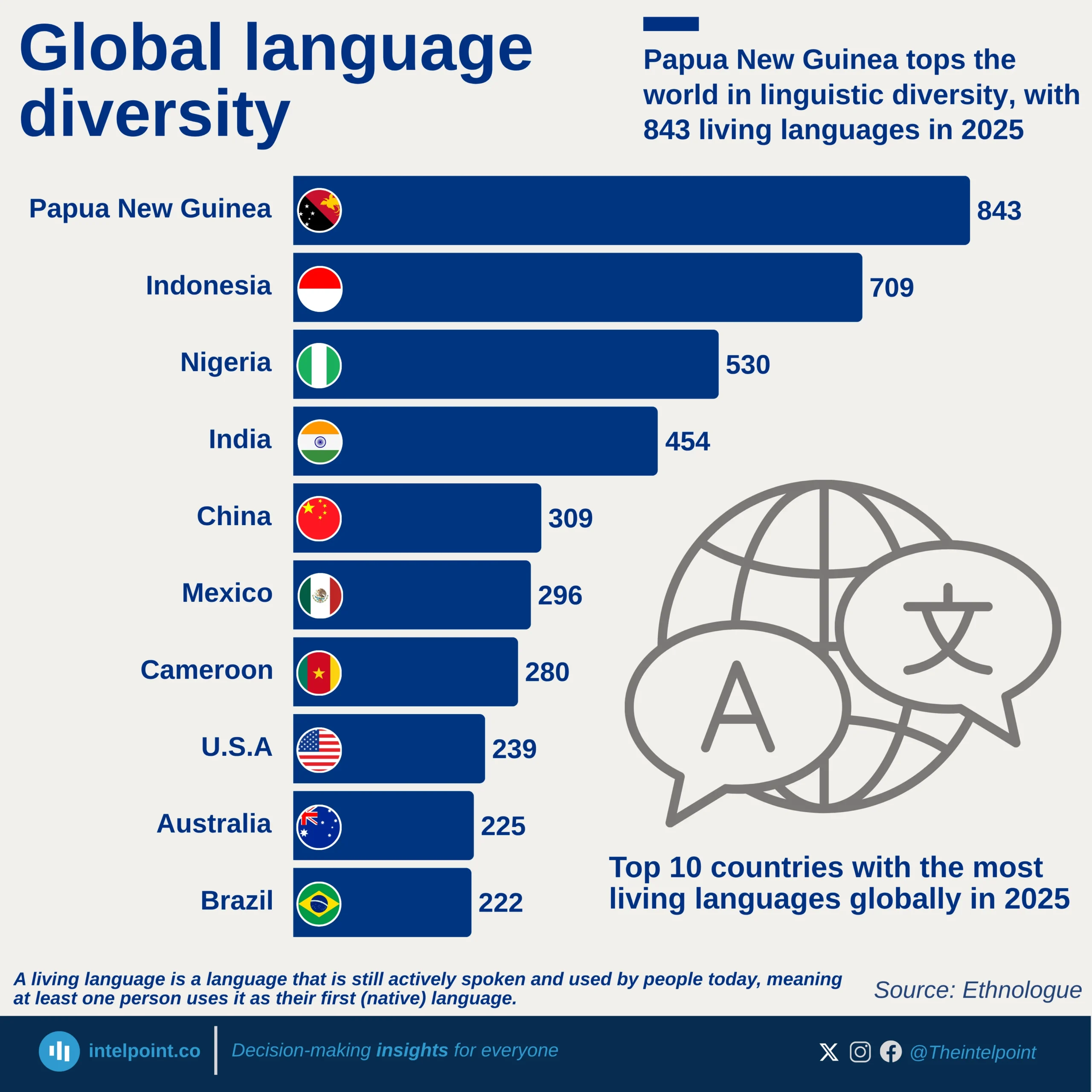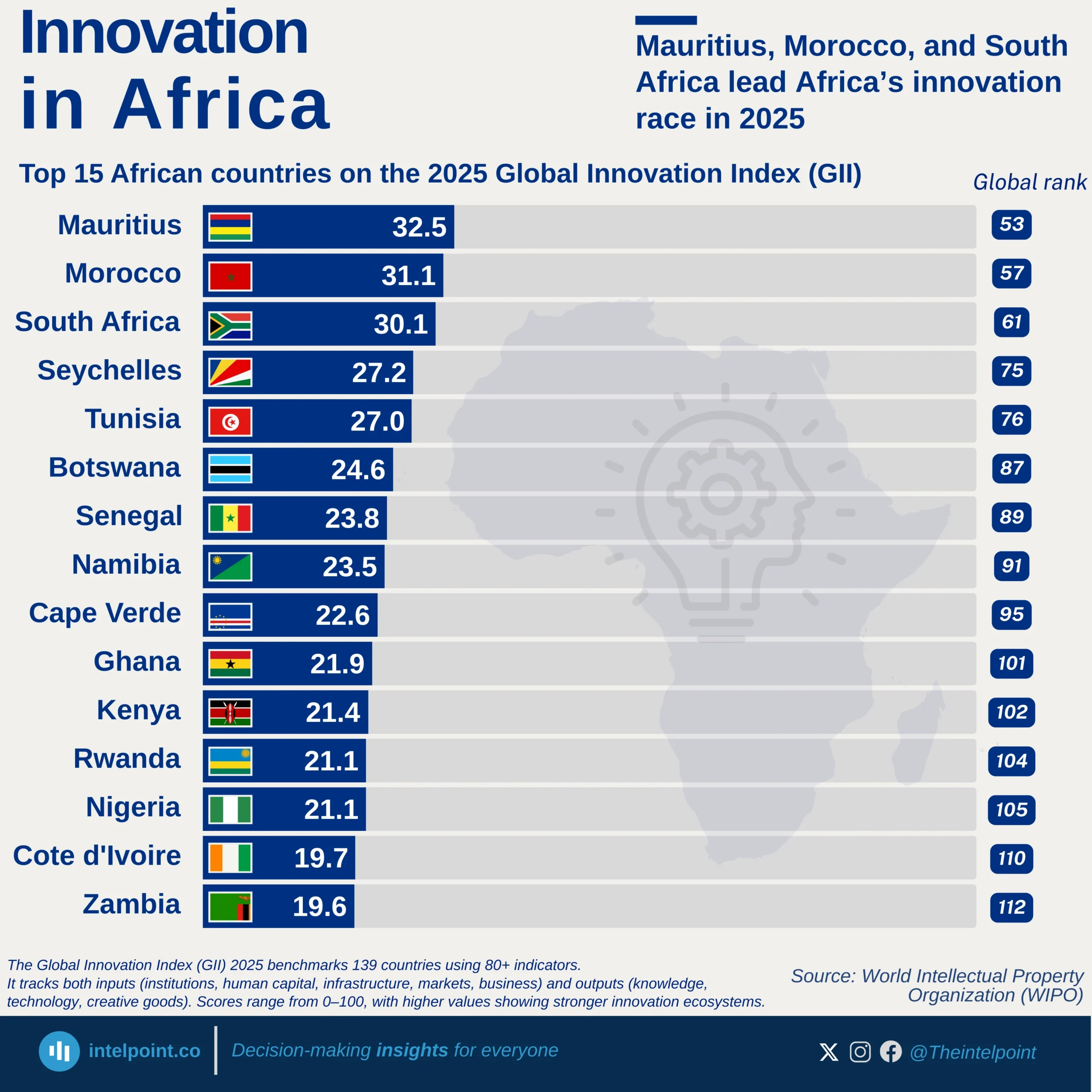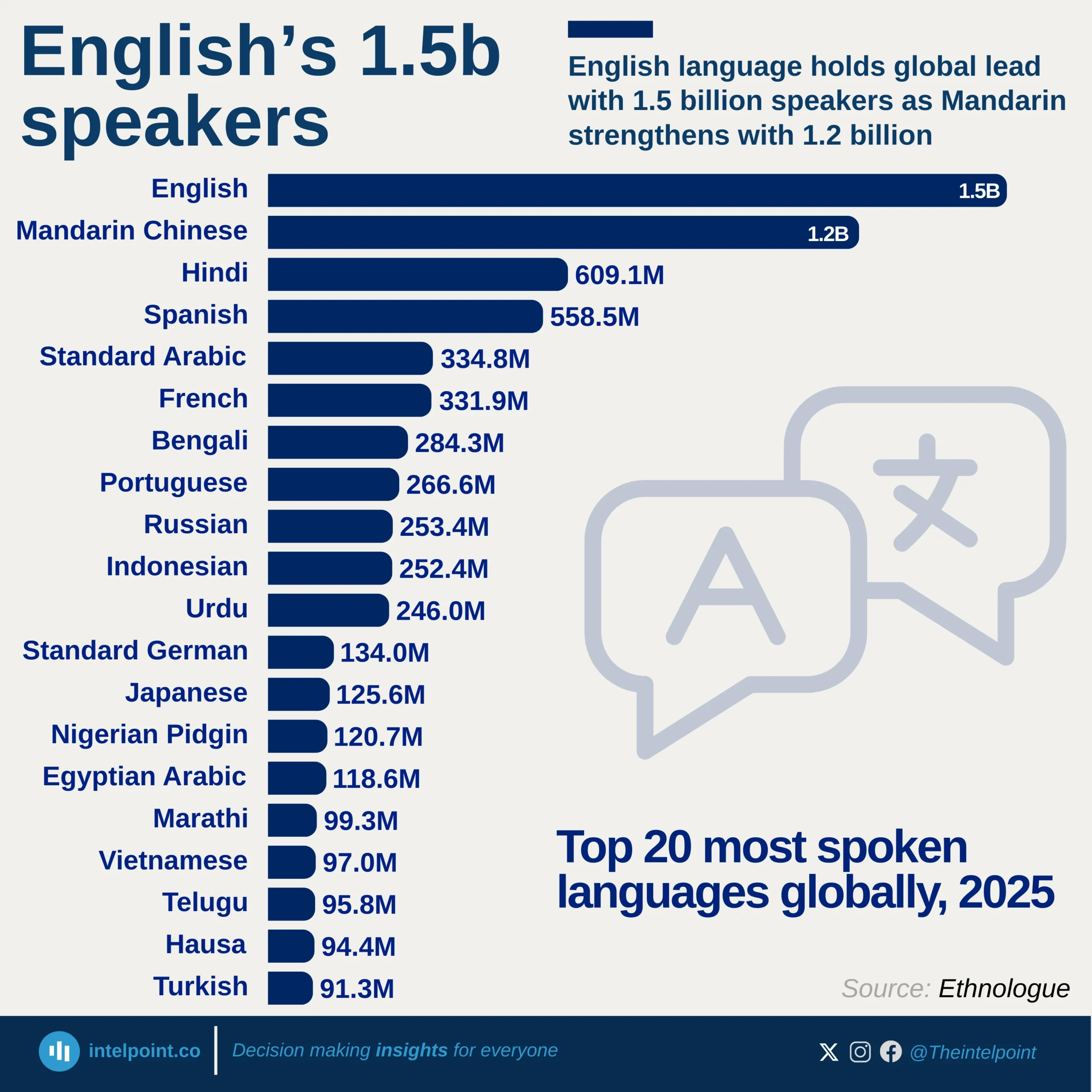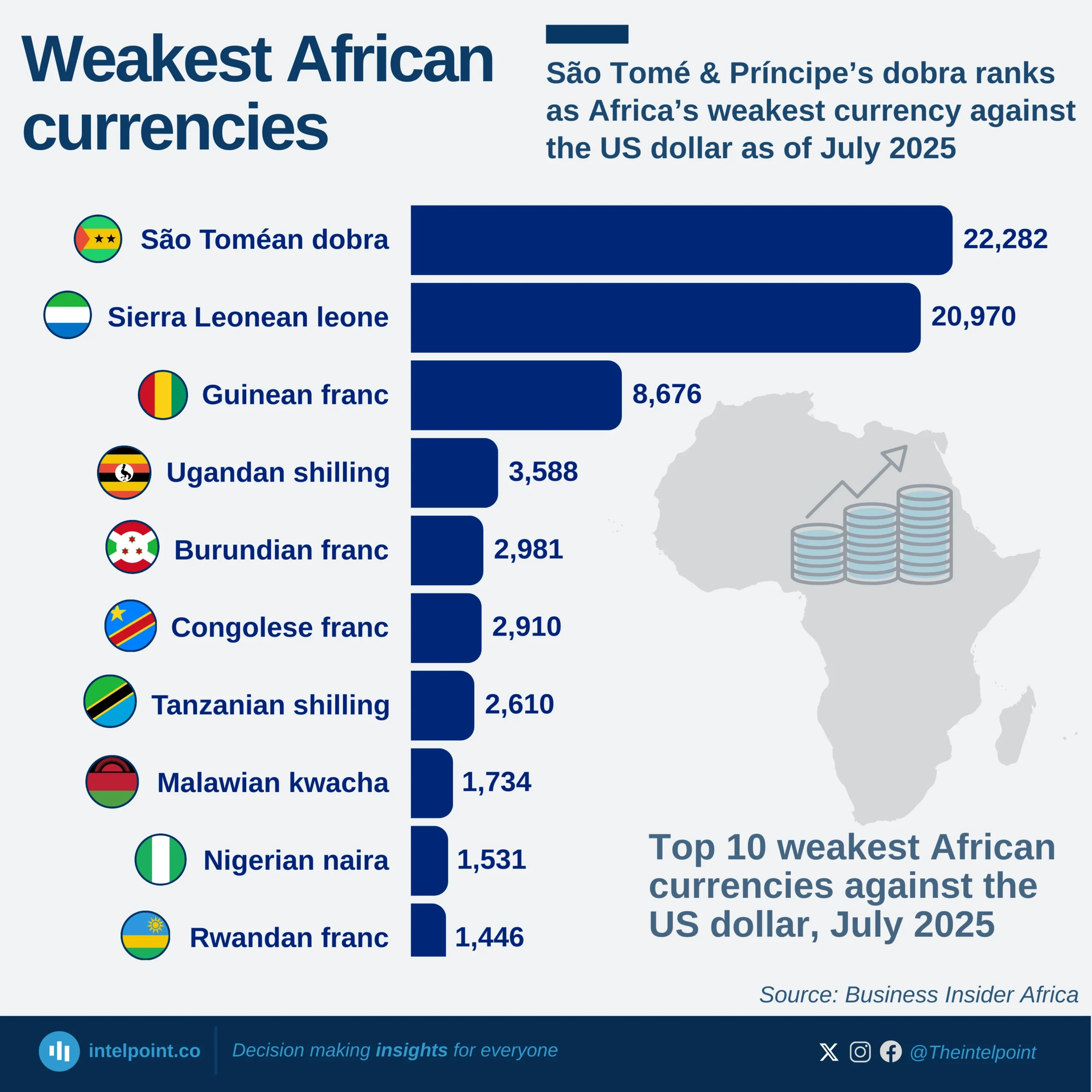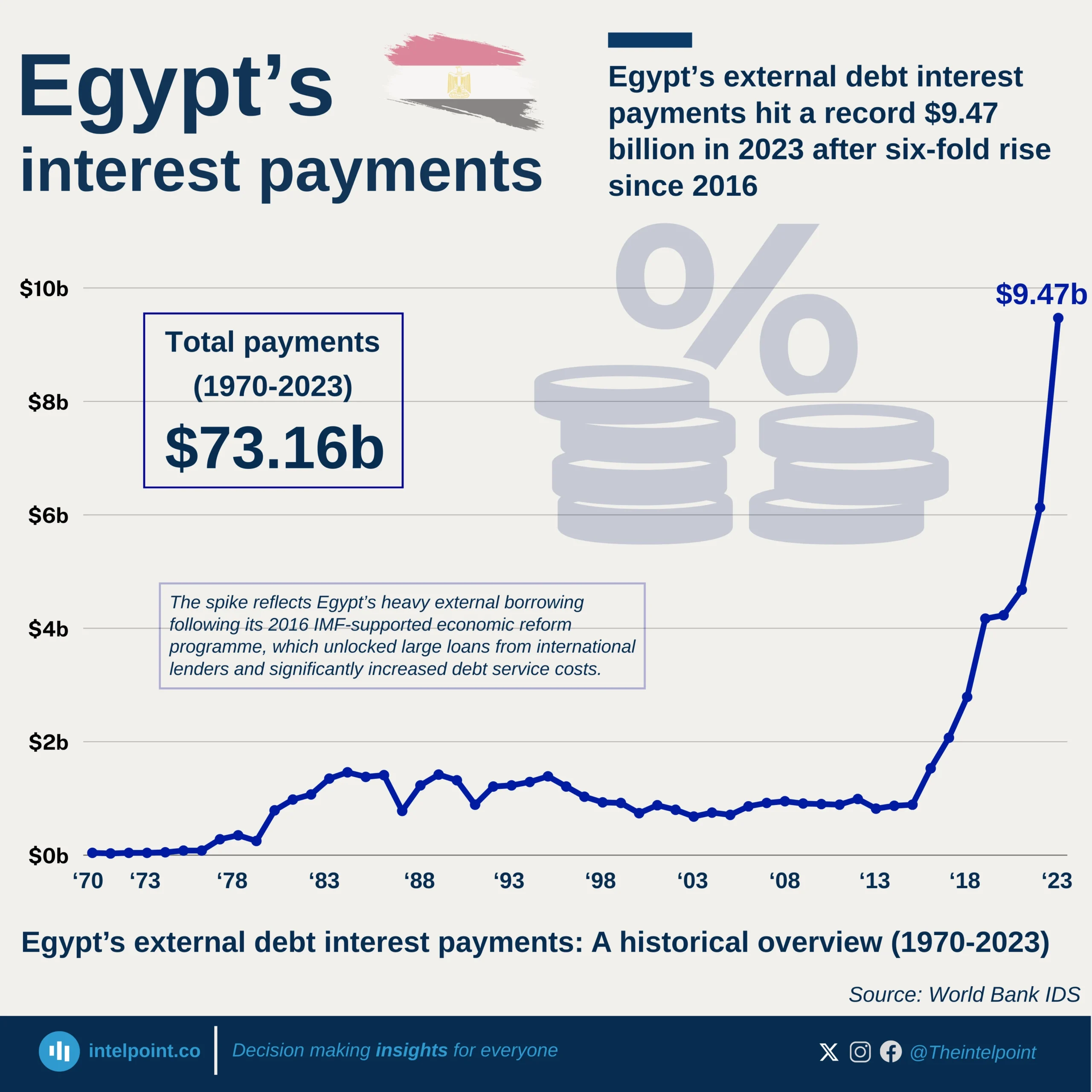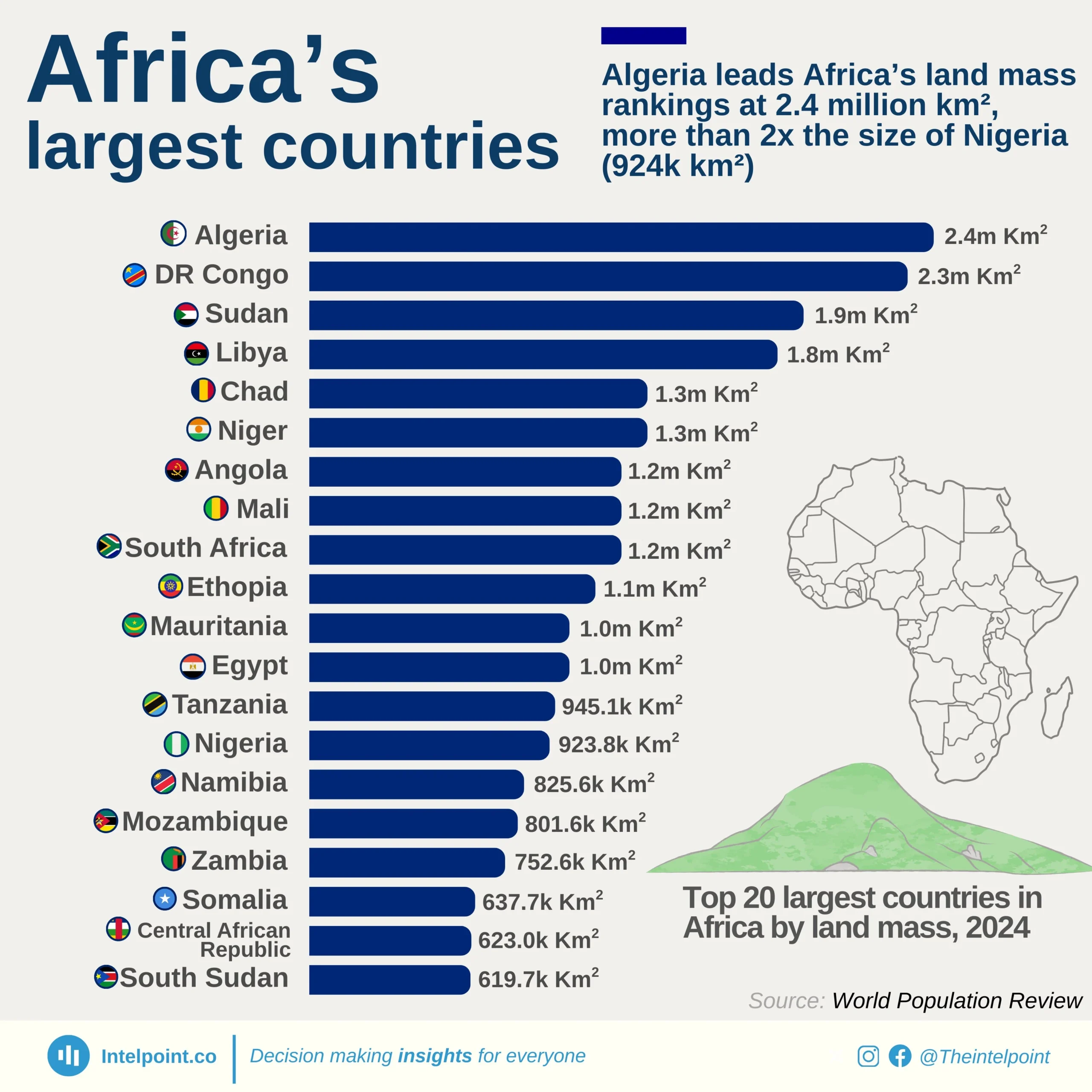Nigeria’s oldest listed companies have withstood decades of economic shifts, political transitions, policy reforms, and currency crises—yet they remain active. Leading the pack is Royal Exchange, incorporated in 1921, now 104 years old. It stands as the longest-running publicly listed company in Nigeria, outliving colonial rule, military regimes, and multiple economic cycles. Following closely are Unilever (101 years) and UAC Nigeria (94 years), both rooted in the country’s colonial-era commercial expansion.
The list also highlights sectoral diversity: while consumer goods giants like Unilever, UAC, and PZ Cussons dominate the top tier, legacy financial services players such as Wema Bank (80 years) and even the Nigerian Breweries (78 years) show the breadth of industries that have matured over time. Even lesser-known firms like Thomas Wyatt and Chellarams have clocked in over 70 years of operations, quietly maintaining a consistent market presence.
